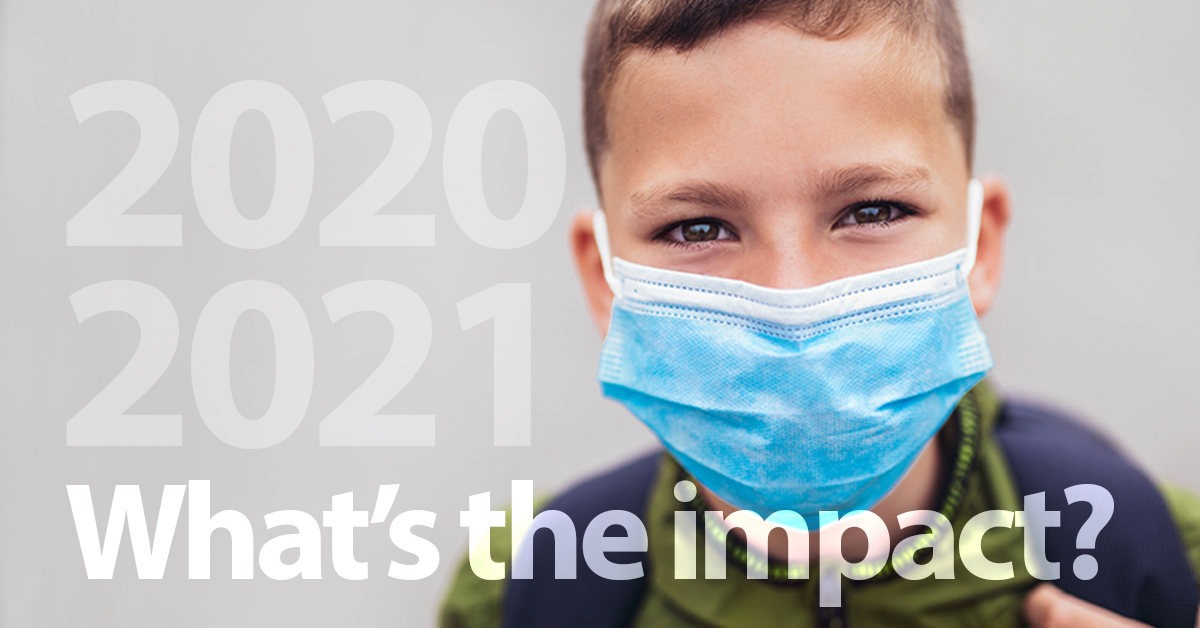This looming topic has spurred numerous studies globally during the 2020-2021 school year. Some of the pertinent discoveries include:
In the United States, the United Kingdom, Australia, and China, children and adolescents have presented with substantially increased symptoms of depression and anxiety.
The Center for Open Science on its OSF website reported on a UK study that reviewed the factors which parents and school district must address to help maintain a positive level of mental health in the school-age population. School districts are urged to look at the evidence-based studies to help them develop Covid protocol policies on complete and partial school closures, to determine which students are most at risk, and to track their future development.
IS YOUR STUDENT AT RISK?
Symptoms of Anxiety
• Exacerbated fears or worries about one’s own health and the health of loved ones
• Changes in sleeping or eating habits
• Less opportunity for activity and exercise
• Difficulty concentrating
• Increased negative behaviors
• Inability to participate virtually during the school day
• Increased vulnerability to bullying and other violations of the code of conduct
Symptoms of Depression
• Irritability
• Anger
• Withdrawal from normal activities
• Labile (easily changed) Mood
• Persistent feelings of sadness and hopelessness
• Change in appetite
• Significant change in weight via gain or loss
• Change in sleep pattern
• Feeling worthless
• Impaired concentration
• Thoughts of death or suicide
HOW TO HELP YOUR STUDENT
1. Ask the educators in your school district to help your child and the other students develop a problem-solving coping style. According to the Center for Open Science, children who employ a problem-solving approach can actually decrease their level of depression.
2. Ask your school district to develop Covid protocol policies founded on evidence-based studies.
3. Find out if your school district is determining which students are most at risk, how to assist those students, and how to track their future development.
4. If your student exhibits significant changes in the above-named areas, or even presents in other ways that are substantially different from their previous level of functioning, you may ask your school district for an evaluation by the child study team to determine whether your child qualifies for a 504 Plan or an Individualized Education Plan. Make sure to make the request in writing as that triggers a timeline for the evaluation sequence.
For more information or if you would like an attorney consultation to discuss, please contact us at 609-409-3500.


